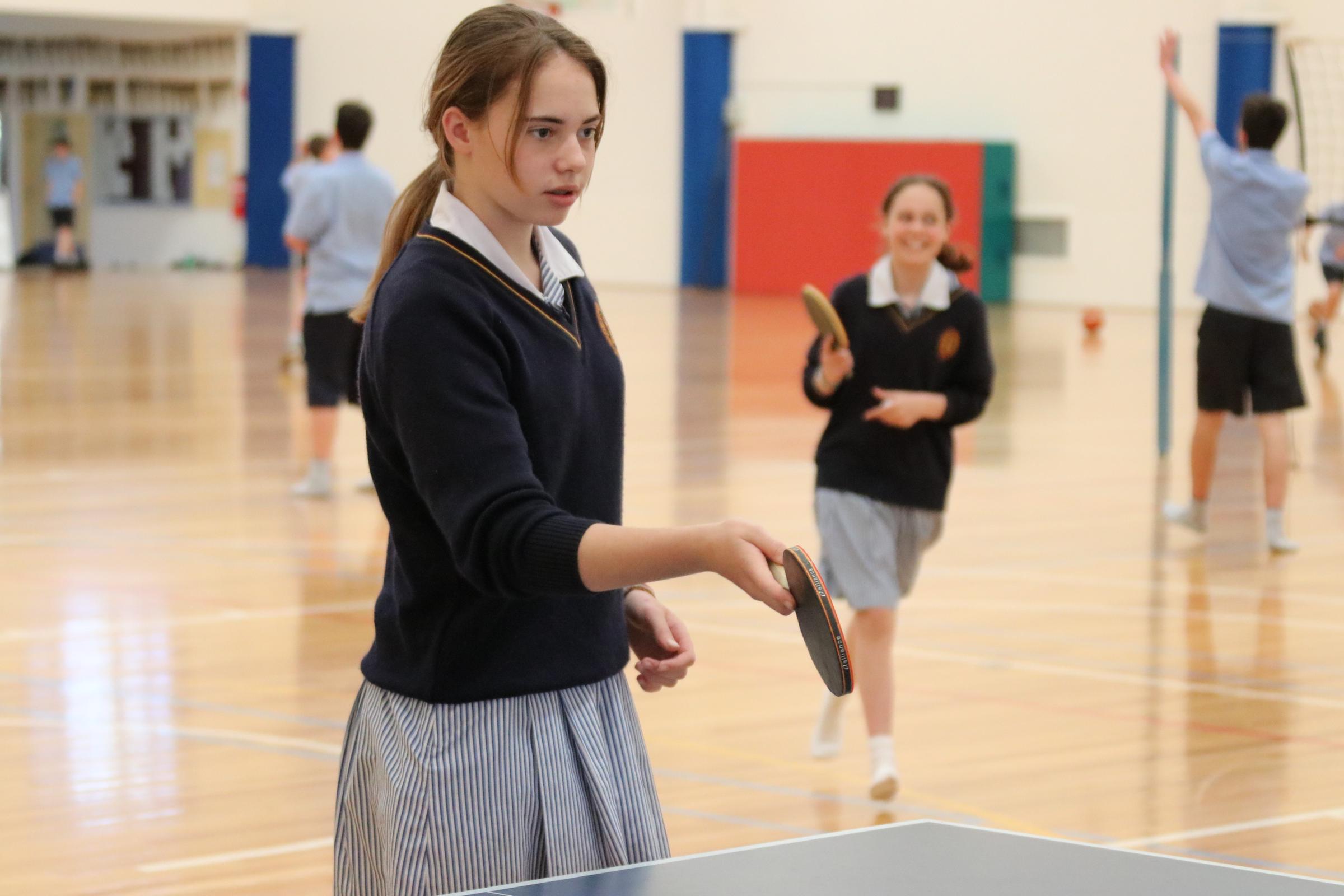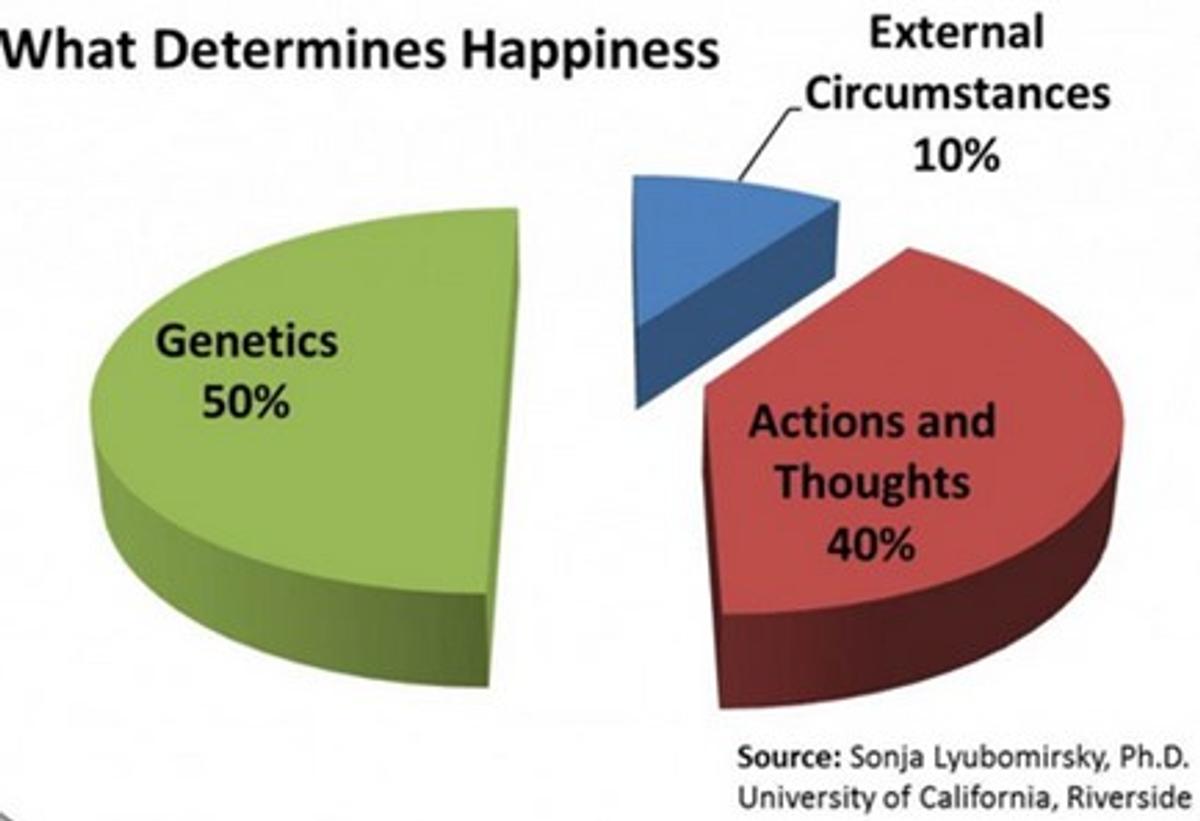Middle Years

The exams are behind us, the Step-Up Programme has commenced and students are on the home run. Students deserve to be congratulated. They have approached the last few weeks in a pragmatic and can-do manner, and even the local Covid outbreak hasn’t caused too much angst.
Positive Education Tips
A few weeks ago, I found this wonderful summary from Sonja Lyubomirsky’s book - The How of Happiness. She suggests that happier people have a range of habits and mental strategies that enhance their wellbeing. When I first came across this list, I thought, here is a recipe for happiness and I realised these ideas were important in my own life.
Happier people….
They spend time with family and friends
They are comfortable expressing gratitude
They are the first to offer a helping hand
They practise optimism
They live in the present
They prioritise physical activity
They are deeply committed to lifelong goals and ambitions
They show poise and strength when life challenges them.
Over the years I have also explained an idea of Sonja’s that our happiness is determined by three main variables.
Your genetic set-point (50%). Your genes determine 50% of your happiness. In other words, half of your level of happiness is fixed.
Your life circumstances (10%). —whether you’re rich or poor, healthy or unhealthy - only account for a measly 10% of your happiness. This explains why some kids in slums can be just as happy as millionaires in the Western world.
Your intentional activity (40%). This refers to our behaviour: what we do and how we think. As far as boosting our happiness goes, this is what we need to work on. Why? Because it has a huge bearing on 40% of our happiness.
To enhance our wellbeing and happiness we need to spend time working out what activities lift us up and make us feel good, we need to foster a positive mindset, and pay more attention to positive emotions and not be caught up in negative emotions. We need to practise gratitude and savour the good things in our lives. We need to help teenagers find ways to enhance their wellbeing, we need to show them how to self soothe, and calm themselves when they are overloaded.
Summer is a time to recharge, and this year it is particularly important that families are able to step back and recovery. This will allow everyone to make the most of 2022.
Mrs Julia Winter Cooke
Head of Middle Years

